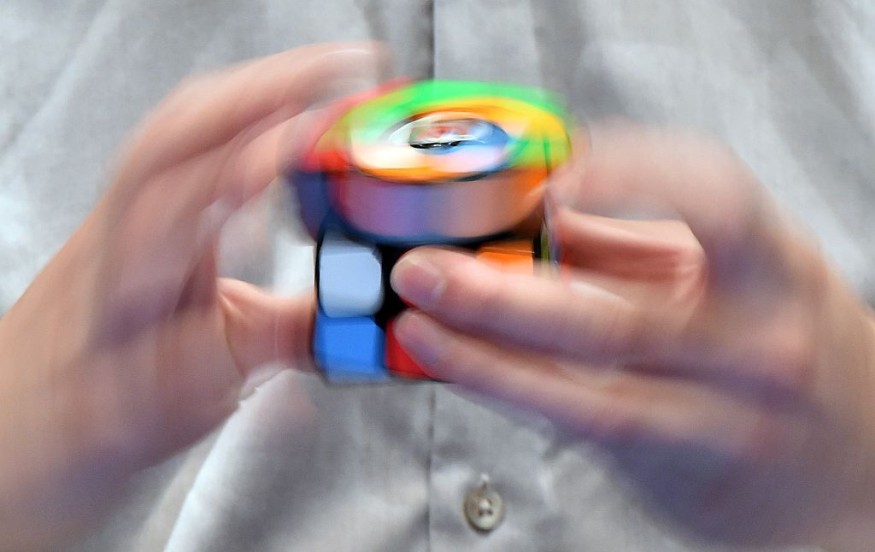Spatial ability is a skill of a person to comprehend and memorize the dimensional relations between materials. According to a new study, the spatial ability is more than just a psychological aspect, as it could also provide significant effects to the mathematical learnings of children. The findings from the research suggest that exercising visuospatial working memory and non-verbal reasoning are among the most effective approaches to improving kids' performance in the field of mathematics.
Spatial Ability and Mathematical Learning

Previous studies examined the impact of spatial reasoning ability on children's mathematical skills. Although it was theorized to enhance proficiency, many factors were not discussed due to the lack of assessments over randomized subjects in both spatial ability and mathematical performance of the children.
Karolinska Institute's Department of Neuroscience expert and author of the study Torkel Klingberg said in a PsyPost report that mathematical learning in children is a complex phase of their development. The ability of kids in the field not only predicts how they will perform in future learnings but also their overall academic expertise. Since many children find mathematics challenging, Klingberg said it is important to investigate the phenomenon.
The research was made possible through the help of consolidated data from over 17,600 schoolchildren from Sweden. Each participant was required to complete a cognitive training exercise that ran from 20 to 33 minutes each day for seven weeks.
Participants between 6 to 8 years old were the first to take the tests within the initial five days. The exercises were done by the kids through a specialized app, which has a feature to categorize each of the children according to certain tasks. Half of the children's time was dedicated to number line tasks, while the remaining time allowed them to do exercises on capital cognitive training that included 2D mental rotation and tangram shape puzzles.
The children's visual working memory and non-verbal reasoning skills were tested through the second half of their time. In each challenge, the app applied an adaptive algorithm that gradually made the tasks harder. The children's mathematical performance was tested during the first, fifth, and seventh weeks of the experiment.
Memory Tasks, Rotation Challenges, and Non-Verbal Reasoning Could Improve Mathematical Learning in Kids
After the research, the authors found that the mathematical performance of each group of children was enhanced over the course of the challenges. However, a significant improvement was recorded from the group that focused on memory tasks compared to the group that focused on rotation tasks.
According to the authors, the results imply that spatial training is a crucial part of mathematical learning in children. With this approach, maintaining spatial representation was far better than manipulation. In simpler terms, children who focused on non-verbal reasoning challenges most likely improved than those who focused more on rotation challenges.
The authors explained that many were confused about the discussion of 'does brain training work for many years.' According to Klingberg, it is necessary to identify the participants who train, the subjects they are training on, and the measured outcome, and the recent study has it all.
The study shows that children who train on visuospatial working memory tasks are more likely to improve their math learning.
The study was published in the journal Nature Human Behavior, titled "Training spatial cognition enhances mathematical learning in a randomized study of 17,000 children."
RELATED ARTICLE : Men Using Photos of Children, Dogs, Other Pets in their Profile Seek Long-Term Partners
Check out more news and information on Psychology in Science Times.
© 2026 ScienceTimes.com All rights reserved. Do not reproduce without permission. The window to the world of Science Times.











